9/11: The Muslim Teen Perspective
A couple of the Muslim students at Santaluces pictured in their traditional clothing.
On September 11, 2001, the World Trade Center in New York City completely collapsed after an attack by extremist group Al-Qaeda. According to CNN News, the North tower was struck by American Airlines Flight 11 at 8:46 A.M which caused the tower to begin to break apart; the entire tower fell at 10:28 A.M. Then, at 9:46 A.M, United Airlines Flight 175 crashed into the South tower and crumbled 9 minutes later at 9:59 A.M.
As the towers fell to the ground, another plane also crashed into the Pentagon. One more plane was intended to crash into a major government building in Washington D.C. but ended up in a field in Pennsylvania after the passengers fought back.
A shockwave of fear tore through the country and America was never the same. The events of the day are commemorated, as thousands of innocent civilians and first responders were killed.
After this terrible day, the rise of Islamophobia, or “fear of Islam”, has dramatically increased.
The first hate crime performed after 9/11 was the murder of a Sikh man, this was just the start of years of ignorance and prominent Islamophobia.
The leader of Al-Qaeda, Osama bin Laden, claimed responsibility for all of the attacks. Al-Qaeda describes itself as a militant group and associate with the religion of Islam. In actuality, Muslims can not fight in wars that hurt innocent people. There are many rules to abide by when a time of war does come, such as: taking care of prisoners of war, no destruction of property, protecting women, children, and the elderly, etc.. These “Islamic” groups have not followed any of these rules and fight for their gain, rather than for the benefit of others; this is the opposite of what Islam stands for and what it teaches Muslims.
Personal Stories
Nafiah Choudhury
“9/11 has made a significant impact on my identity as a Muslim. I was born almost exactly a year after 9/11 so as much as my parents would encourage me to practice my faith and love it, they would tell me to hide it without actually saying the words. It’s because they were scared for me and my siblings at a time when the word Muslim was synonymous with terrorist.”
Myesha Rahman
“Although I did not live through 9/11 and personally feel the weight cast on every American during that time; as a Muslim, I feel the discriminatory aftermath. I feel compelled to constantly defend my religion and prove that it is peaceful. This is common sense to the millions of Muslims that recognize the beauty of Islam; but not to some that choose to ignore the scriptures that explicitly go against the extremists that disfigure Islam. Being Muslim is a profound part of my identity that I could never be ashamed of. But the acts of wicked individuals have smeared the faith of millions.”
Maliha Rahman
“Whenever anyone talks about 9/11, I can’t help but feel ashamed. It baffles me as to how people call themselves Muslims and commit terrible acts like the events of 9/11 in the name of God. My religion is of peace and harmony, but some people deface that beautiful image into something completely twisted.”
Mobashir Jahan
“My mom wears the hijab so her religion is always on display. After 9/11 she was scared to go out because she saw the hate crimes against Muslims all over the news. Putting on the hijab is sacred but now women are scared to connect to their religion on a deeper level because of Islamophobia.”
Azwad Ahmed
“I have not lived in a world where I was not targeted because of how I look or my last name. Even though I was not alive during 9/11, the effects of that day still ripple throughout my life in the form of microaggressions. We are taught by our parents to stay silent as if we owe something to the people who discriminates against us. However, like so many others, I have learned to embrace my faith and not to hide what I believe in. I am proud to be a Muslim.”
Microaggressions of Islamophobia
- TSA Checks – Based Upon Looks/Name
An immediate response to 9/11 was an increase in airport security. This has also been commonplace to profile Muslims. What is seemingly a “routine check” has a much deeper meaning. Common Islamic names such as “Mohammed” and “Khan” raise red flags for TSA agents and those individuals are repeatedly patted down and given extra negative attention. Muslim women have been forced to remove their headscarves in case they have “explosives”. Sikh men who wear turbans, and are not Muslim, have been profiled as Muslims simply due to ignorance and are forced to remove their turbans.
- Religious Extremist Double Standard (KKK)
The KKK is notorious for its hate crimes against Black people and other POC. The group similarly perpetuates white Protestantism and nationalism, as Al-Qaeda does with Islam and anti-western hatred. Christianity does not teach followers to hate others due to the color of their skin, and people understand this without question. However, when it comes to separating groups like Al-Qaeda and ISIS from Muslims, there is heavy doubt among some non-Muslims expressing that all Muslims think the same no matter what.
- Islam as a Political Pawn: “I think Islam hates us.”
With Islamophobia already on the rise, during his election campaign and presidency, Donald Trump has weaponized Islamophobia to his advantage. Trump uses terror attacks conducted by “Islamic” terror groups as his way of keeping the borders closed to those seeking refuge in the United States from war-torn countries such as Syria. The President’s voice is a very powerful one. When the President of the United States is claiming that, “We are not loved by many Muslims” then the stigmatization of Muslims will only grow within the U.S.
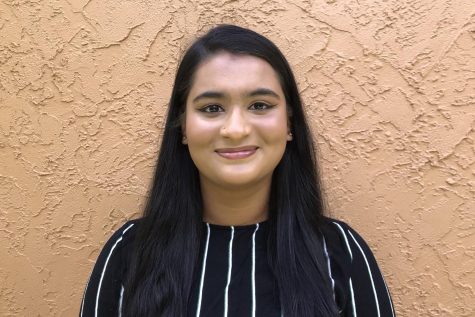
Hello! My name is Maliha Rahman! I’m a Senior this year, and I can’t wait to graduate and explore the world. This is my first year being a writer for...
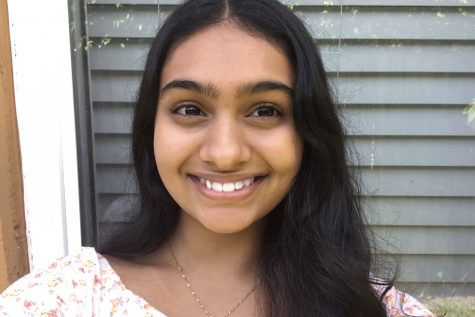
Hi! My name is Myesha Rahman and I'm currently a Junior. This is my first year being a part of The Tribe and I'm looking forward to writing all about my...
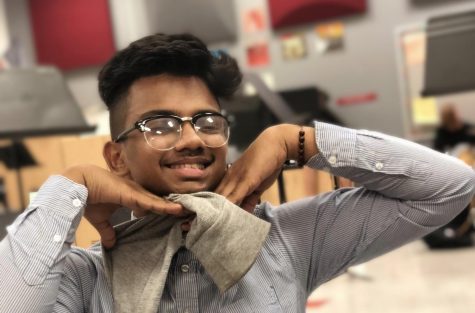
Hi! My name is Azwad Ahmed, but everyone knows me as Azzy, and I’m a senior here at Santaluces. This is my first year writing for The Tribe. I am currently...

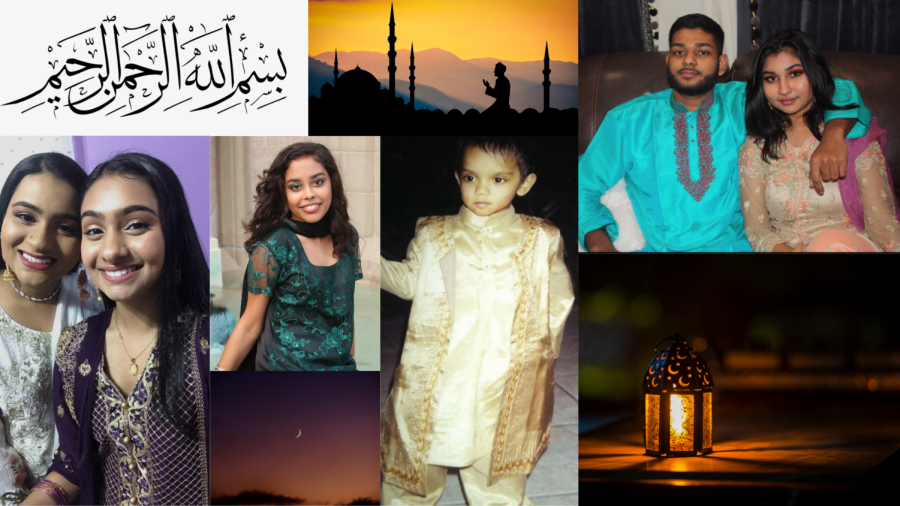
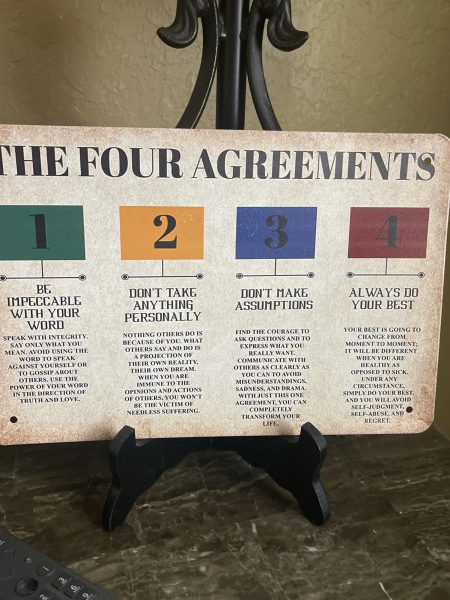

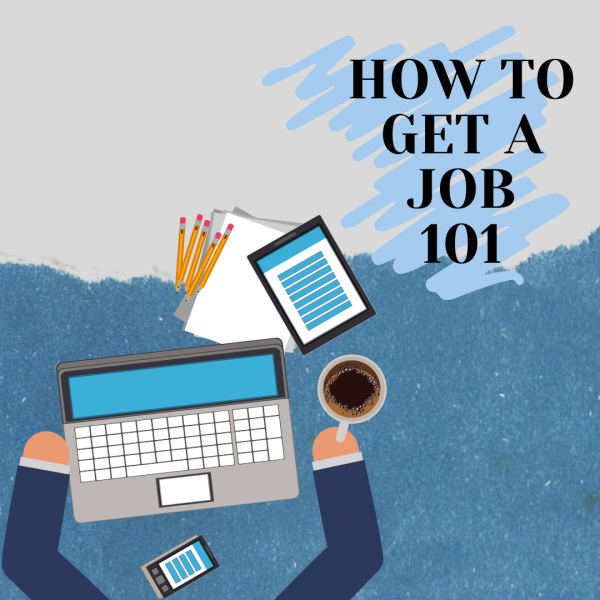

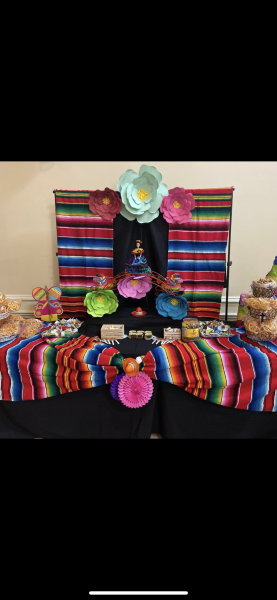

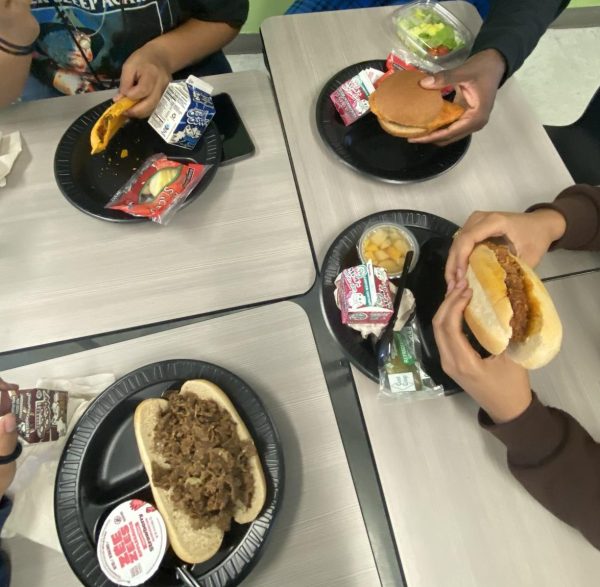
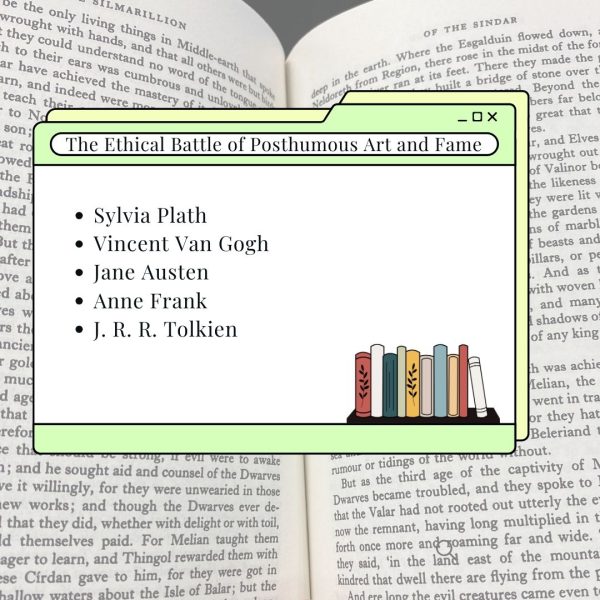
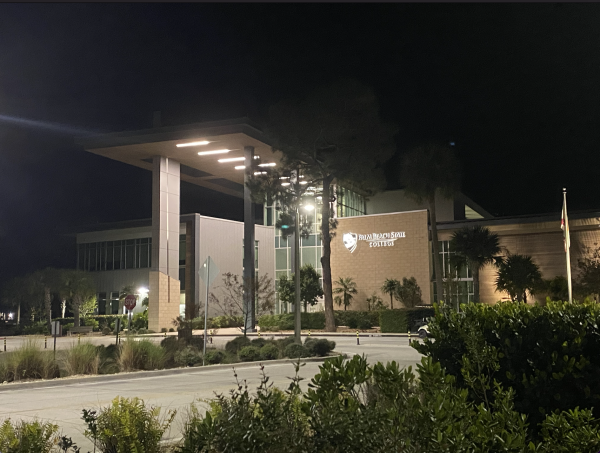
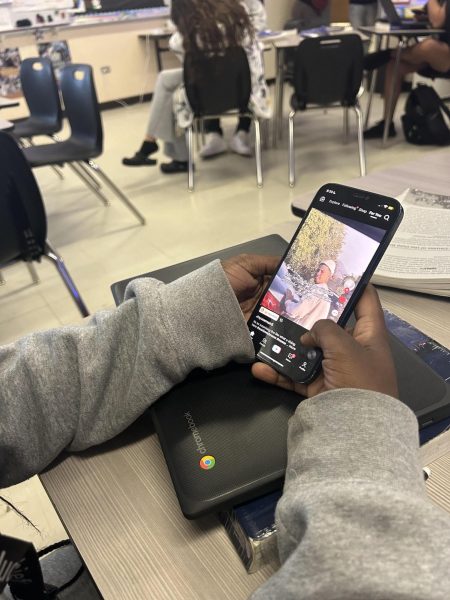
Mylena Bressan • Sep 12, 2020 at 12:23 AM
This was very moving. It really made me look at a different perspective of the whole 9/11 tragedy.
Jenny • Sep 11, 2020 at 9:20 PM
Beautiful article ♥️ 9/11 was a heartbreaking time for everyone. Thank you for sharing your stories